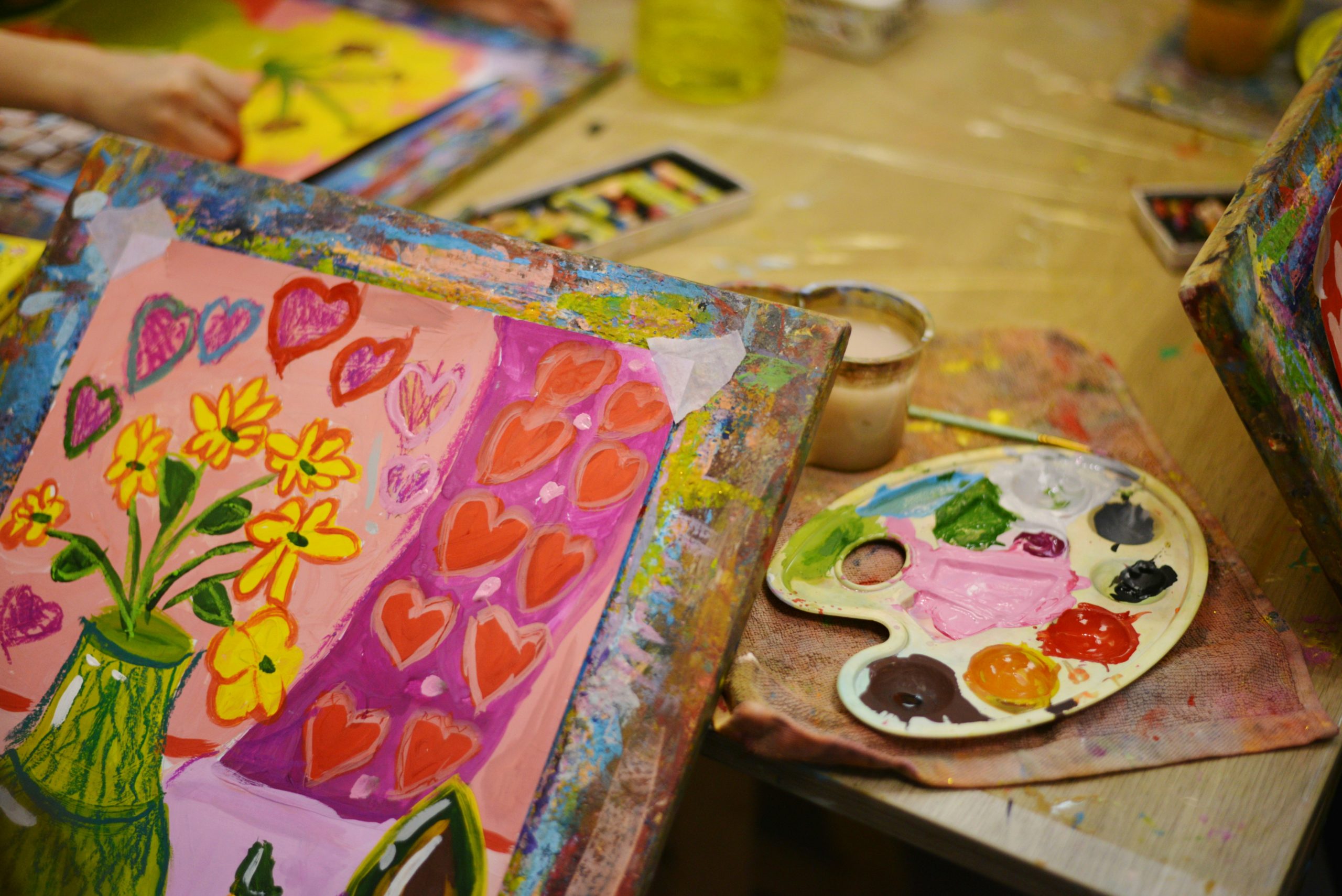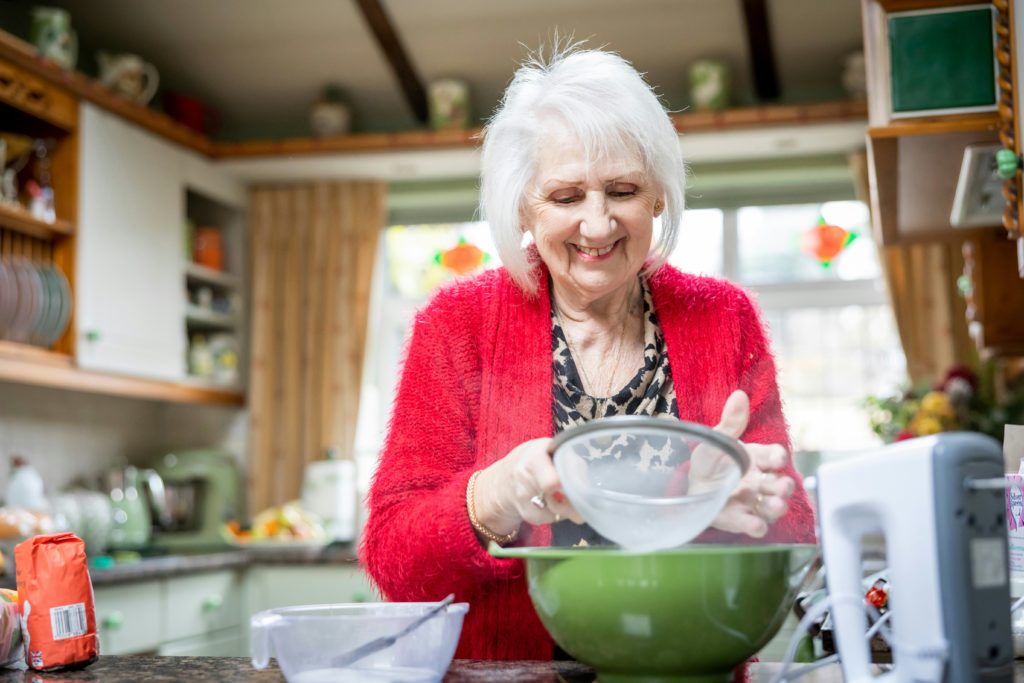Hey caregivers—professional or personal—let’s talk real support.
I don’t need to explain to you that dementia changes everything. You see it in the small shifts: forgotten names, frustrated silences, avoidance of simple tasks, moods that turn on a dime. It’s exhausting, heartbreaking, and all too often, isolating. However, here’s the good news: therapy can be effective. Not just a little, not just in theory, but in tangible, powerful ways that can improve quality of life for both the person living with dementia and the person caring for them.
In this post I want to break down why therapy matters, what it looks like, and how you can advocate for it—whether you’re in a memory care unit, working home health, or supporting a loved one at the kitchen table.

Why Mental Health Care Matters in Dementia
Let’s get one thing straight: mental health care is not a luxury for older adults (or let’s be honest, for anyone really). It’s essential. Dementia doesn’t just impact memory—it disrupts a person’s sense of identity, their relationships, and their ability to express thoughts and emotions. Without proper support, individuals often experience anxiety, depression, and behavioral symptoms that affect everyone around them.
Therapy addresses that emotional distress head-on. It offers tools, space, and creative outlets for processing grief, confusion, and change. And no, it’s not too late—even when language falters, the need for connection remains.
What Does Therapy Look Like in Dementia Care?
There’s no one-size-fits-all, but here are some of the most impactful approaches:
1. Art Therapy
Art therapy (a form of psychotherapy) bypasses words and taps directly into emotional expression. Whether it’s painting, collage, or just playing with color, it creates space for identity, play, and communication. It also reduces agitation and gives people with dementia a voice when verbal language fades.


2. Cognitive Stimulation Therapy (CST)
This structured group therapy is backed by research to support memory, language, and problem-solving through themed sessions. It also builds social connection—an often-overlooked ingredient in cognitive and emotional health.
3. Occupational Therapy
From grooming routines to kitchen tasks, occupational therapy helps preserve function and reduce frustration. It also promotes autonomy, which is a major factor in emotional well-being.
4. Psychotherapy (Yes, really)
In early and middle stages of dementia, individuals can benefit from traditional talk therapy to process grief, maintain a sense of control, and receive emotional validation. Modified approaches like validation therapy or reminiscence therapy can also provide deep comfort.
5. Support Groups
For both caregivers and individuals with dementia, support groups provide connection, normalize the experience, and reduce isolation. Even when memory is shaky, the emotional resonance of group connection can be powerful.

Benefits of Therapy in Dementia Care
Let’s zoom in on what really happens when therapy is part of the care plan:
- Improved mood and emotional regulation
- Reduced behavioral symptoms like aggression or agitation
- Enhanced communication and cognitive engagement
- A sense of purpose, dignity, and connection
- Better outcomes for caregivers
Yes, you read that last one right. Therapy helps you too. When your person is calmer, more connected, and better supported, your stress goes down. Plus, therapists can provide you with tools to understand what’s going on beneath the behavior.
Your Role as a Caregiver: Advocacy and Access
You might not be the one delivering therapy, but you’re absolutely critical in making it happen. Here’s how:
- Normalize mental health care in elder care spaces. Talk about it. Recommend it. Make it part of the conversation.
- Ask facilities or agencies what therapeutic supports are available. If none are, ask why not.
- Notice emotional shifts and advocate early. Don’t wait until things escalate.
- Partner with professionals like art therapists, counselors, and OTs who specialize in dementia.
- Use creative tools in daily care—you don’t need to be an expert to bring art, music, or play into the day.

Final Thoughts: When Care is More Than Physical
Caregiving isn’t just about managing medications and meal prep. It’s about seeing the person beyond the diagnosis. It’s about preserving identity, expression, and connection.
Therapy gives us tools to do that.
So if you’re wondering if it’s worth it, if it matters, if it still makes a difference—the answer is yes. Always yes.
Let’s make sure emotional well-being is part of the care plan.
You in?
Want more real-talk tools and creative care strategies? Join my newsletter or reach out to explore training, supervision, or therapy support for your community or team.
Recent Comments